Creating a high-quality game takes efficient collaboration that sparks real synergy among team members. Designers, developers, artists, and planners—each with their own expertise—come together to exchange ideas, align perspectives, and elevate the final outcome through true teamwork.
Recently, Smilegate Future Lab adapted Smilegate’s organizational culture improvement initiative, the “Switch-On Program,” into a customized “Building Team Collaboration Culture” workshop tailored to the needs of indie game creators.
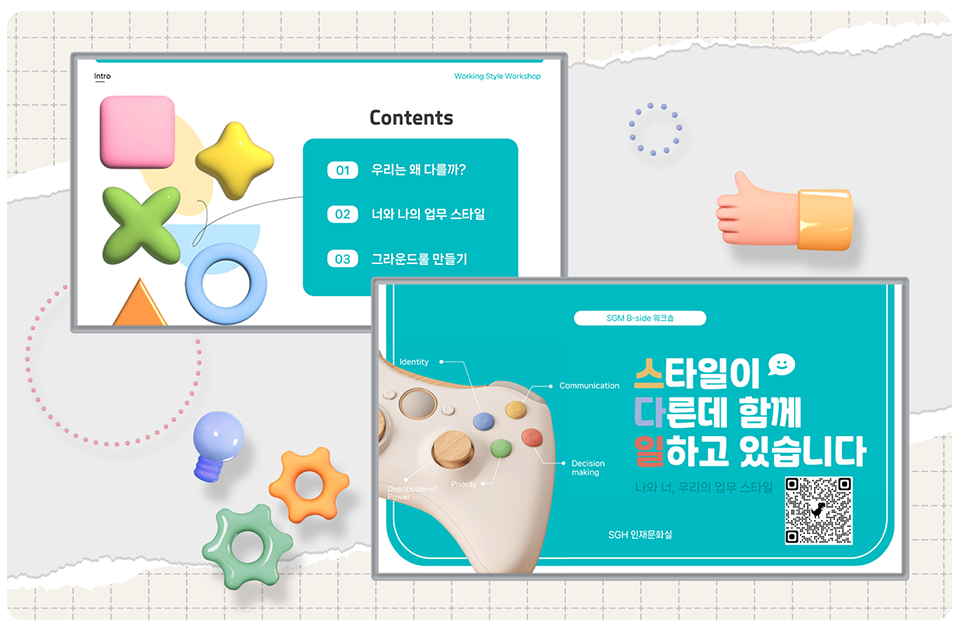
To explore how this workshop strengthened collaboration and synergy among indie game development teams, the Smilegate Newsroom team highlights the experience of “Bada O Studio,” one of the participating teams.
Creators with Different Work Styles Look for Ways to Work More Efficiently
“Bada O Studio” is a team currently developing the adventure game “Ever.” Led by Director Kim Ji-hoon (Planning), the team includes UI/UX Designer Kim Ha-yoon and Programmer Kim Gwan-ho. The team was officially formed in April this year with the goal of creating a commercial game.
Let’s hear from Kim Ji-hoon, the team’s director, about why they decided to participate in the workshop.
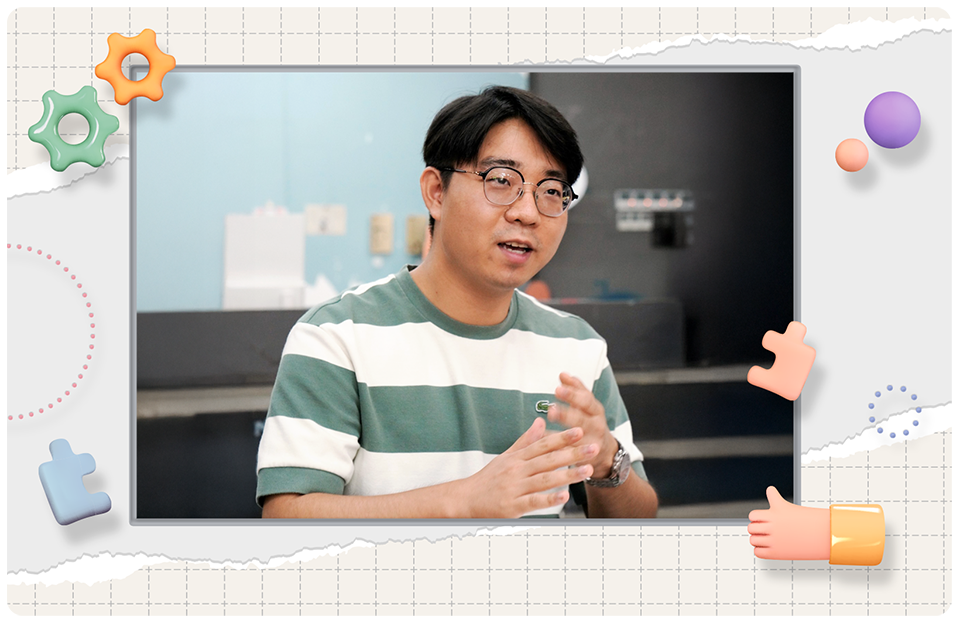
“At first, we were so focused on developing the game that we didn’t pay much attention to task distribution or workflow. After about four months together, we realized it was time to evaluate our teamwork. We learned that being friends doesn’t always mean working styles align. Differences began to surface in scheduling and decision-making, and last-minute planning changes often led to debates. We eventually recognized the need to understand each other’s work styles and started thinking about ways to improve efficiency.”
The workshop began with an individual work-style assessment, followed by the session “S.D.I.L.—Different Styles Working Together,” where participants learned to understand one another’s tendencies. The final step was establishing each team’s customized set of “ground rules.”
Kim Ji-soo, Manager at Smilegate Future Lab, explained the reason behind creating these ground rules: “Because indie creators aren’t bound by formal employment relationships, they often face challenges without established teamwork or collaboration frameworks. I believe good games come from good teams. Helping team members set shared commitments and principles that foster synergy is crucial.”
Step 1: Understanding the Meaning of “Differences” Through Workstyle Diagnosis
Participants began with a pre-assessment to identify their work and collaboration styles. For instance, when asked, “What do you prioritize more: work or relationships?”, those with a “task-oriented” style chose answers like “Relationships can be built later” or “I manage time efficiently,” while those with a “relationship-oriented” style preferred “Strong relationships are key to successful work” and “I take time to build a broad network.”
Bada O Studio’s designer, Kim Ha-yoon, had a notably different working style from the other two team members.
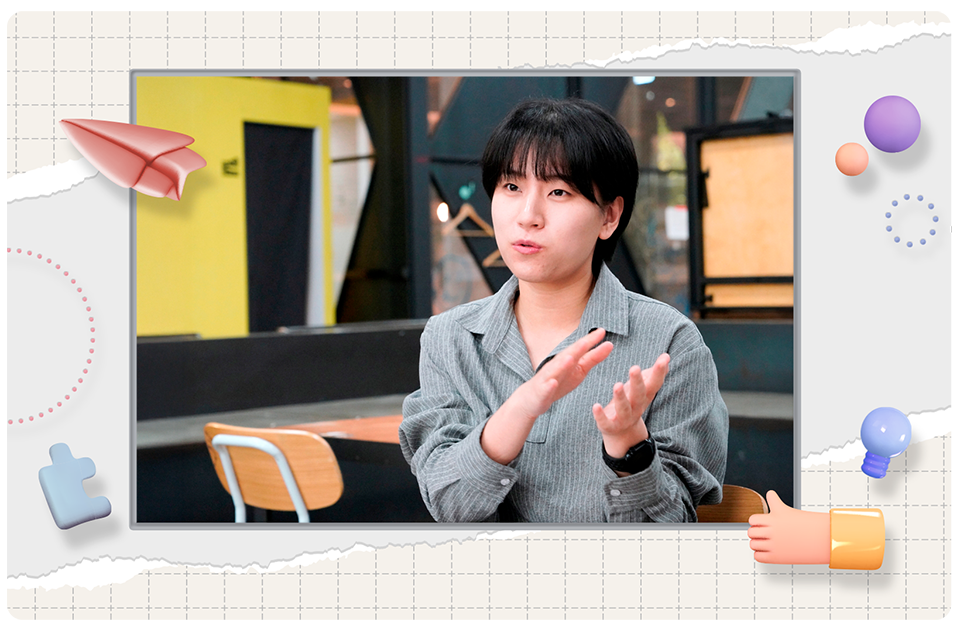
“There were clear differences in our communication styles and approaches to work. Seeing those differences through objective data helped me better understand my teammates’ work habits, values, and behaviors. I realized that our past conflicts weren’t caused by anyone’s fault but by our different work styles. It became an important turning point for us to see those differences as ‘characteristics’ rather than ‘problems.’”
Step 2: Diagnosing the Current Situation and Building Value-Based Understanding
Participants wrote down what their team was currently “doing well” and what “needed improvement” across categories such as meetings, communication, and task management.
The Bada O Studio team selected their “monthly post-mortem” sessions as something they were doing well. A post-mortem is a retrospective review held after a project to analyze outcomes, identify strengths, and discuss areas for improvement. The team agreed that these monthly feedback sessions helped them manage internal conflicts effectively.
On the other hand, communication errors leading to task management confusion and schedule delays emerged as key issues. Overlapping entries and duplicate information in their Notion calendar caused workflow confusion, and delays in deadlines were identified as areas needing improvement.
Step 3: Establishing Practical Ground Rules
The highlight of the workshop was the process of establishing “ground rules.” Team members collaboratively created specific and actionable rules designed to address the issues they had identified earlier.
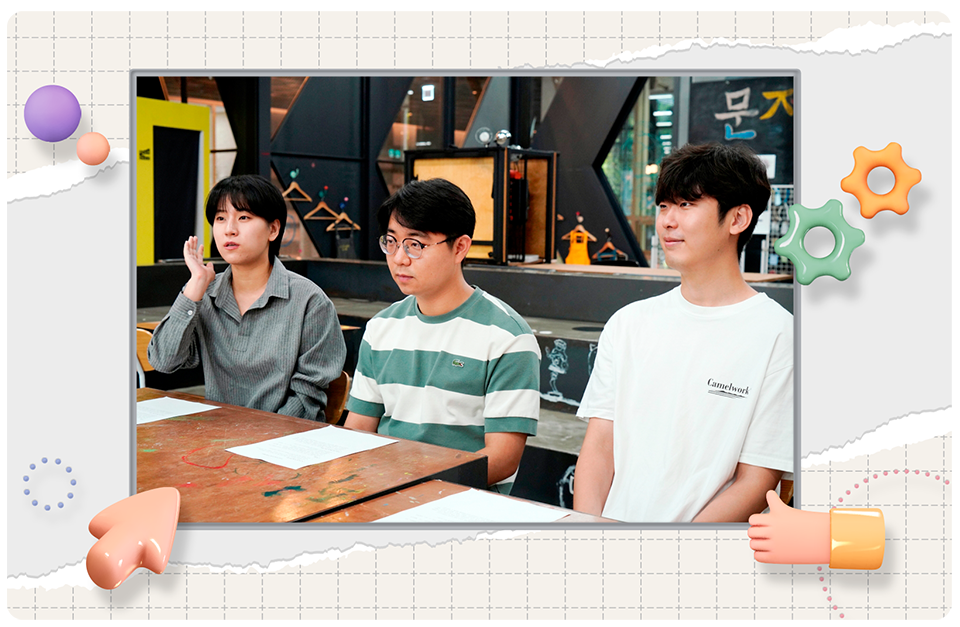
To address the shortcomings identified in the second session, Bada O Studio established efficient calendar-use rules that separate schedules from task details. To maintain clarity, only schedules are recorded on the calendar, while detailed work descriptions are kept separately. They also decided that if a delay occurs, the situation must be communicated to the team at least two days in advance to allow for contingency planning. In total, six practical ground rules were created.
An Investment in the Future of Indie Game Creators
Through this workshop, Smilegate shared its accumulated organizational management expertise with indie game creators. Co-developed by the Smilegate People & Culture Office and Smilegate Future Lab, the program will continue to provide more indie teams with opportunities to enhance their collaboration efficiency.
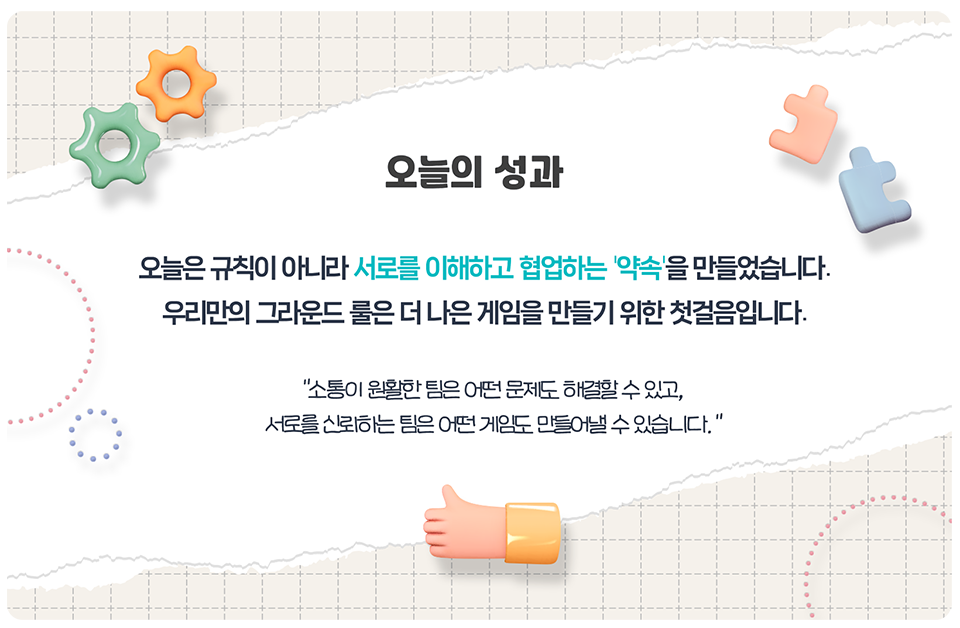
Programmer Kim Gwan-ho shared, “Although this workshop may not bring immediate changes to our team, I expect positive improvements in conflict management, communication, and mutual consideration. As we’ve come to better understand each member’s unique traits, I think we’ll become more considerate of each other emotionally as well.”
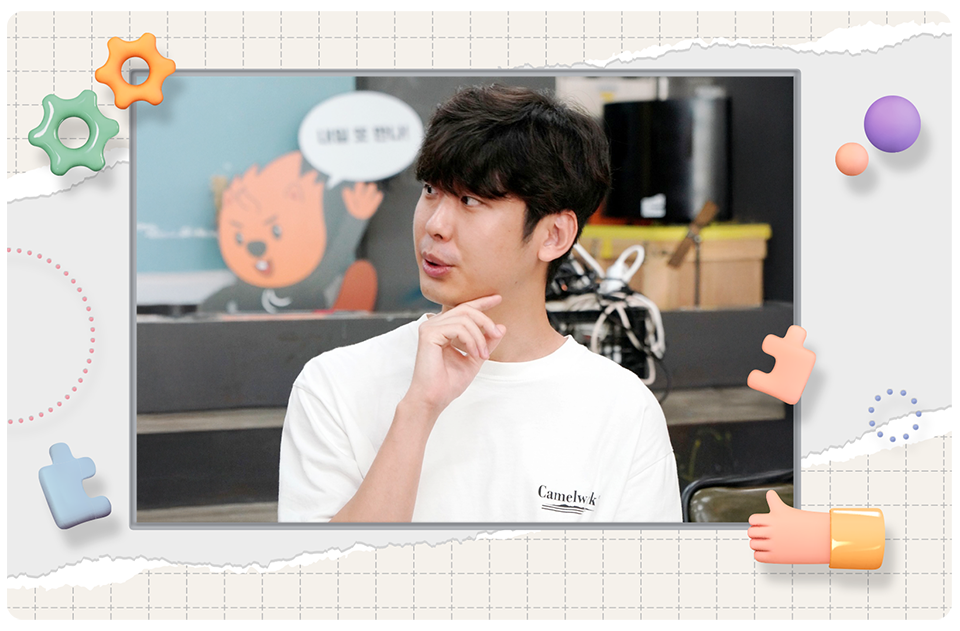
Yang Da-woon, Assistant Manager at the People & Culture Office, shared what she hoped the participating teams would gain from the workshop.
“I believe that simply understanding their own and their teammates’ different work styles can be incredibly valuable for creators. Going one step further, establishing practical ground rules for conflict resolution is even better. I hope this workshop provided teams with tangible solutions to strengthen their self-sustainability.”
A practical solution that turns the belief “good teams make good games” into reality — Smilegate’s collaborative know-how, shared through the “Building Team Collaboration Culture” workshop, is expected to bring meaningful and positive change to the indie game development scene.
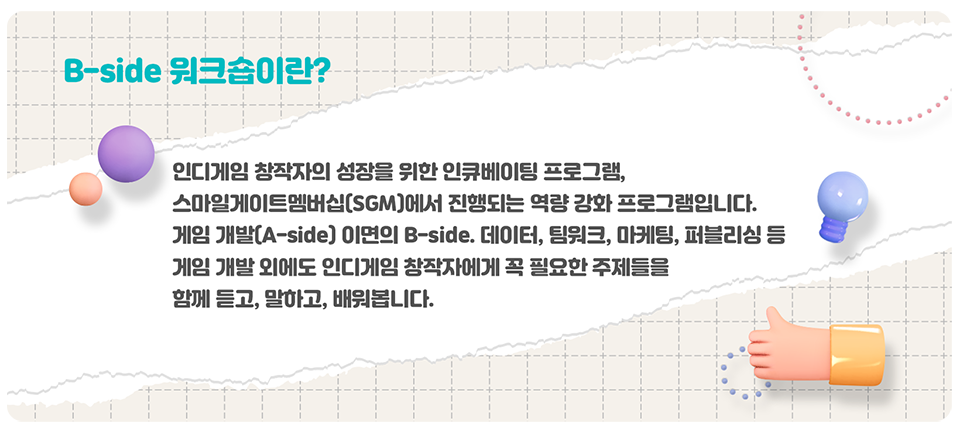
However, when quoting content in articles, please credit it as “Smilegate Newsroom.”


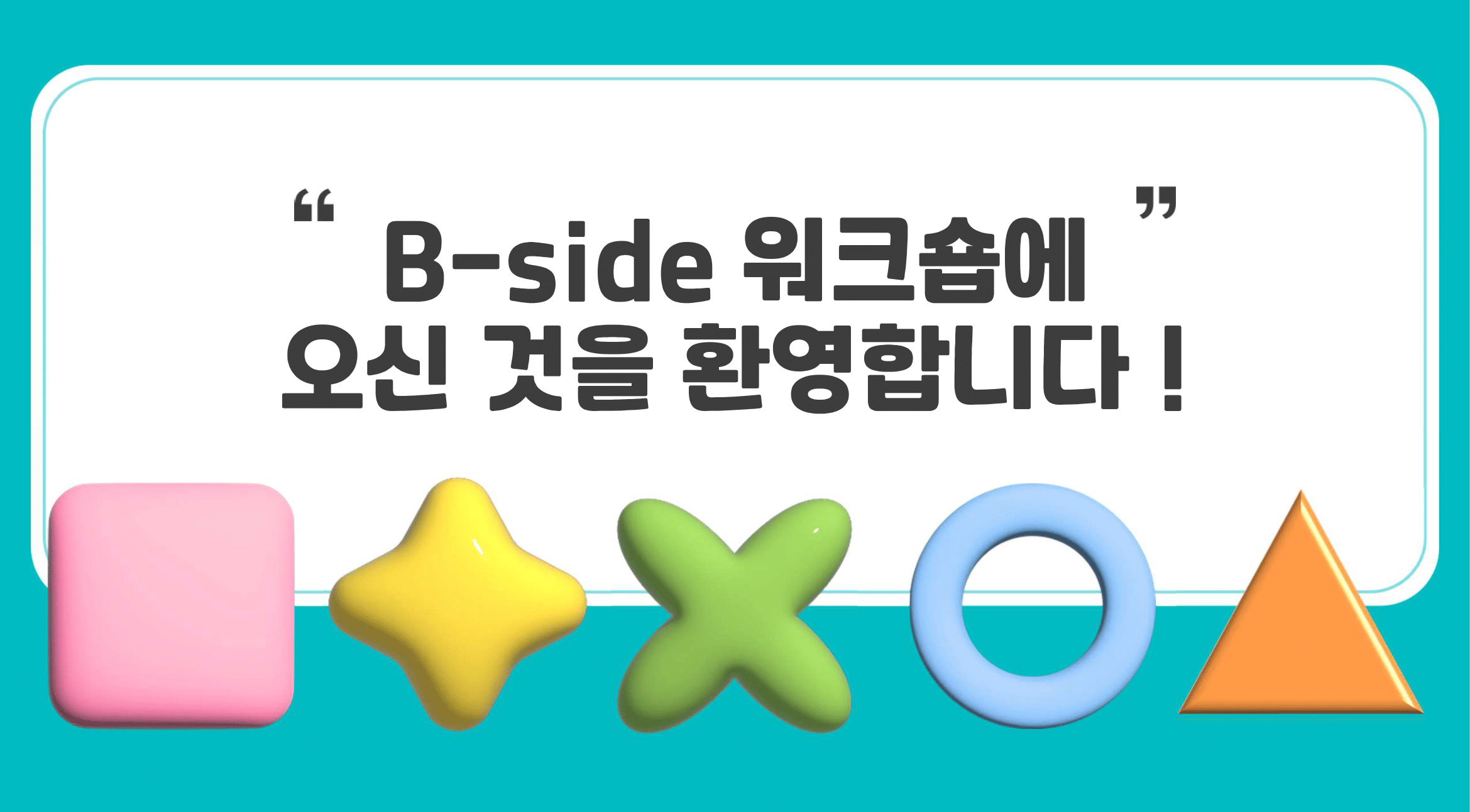
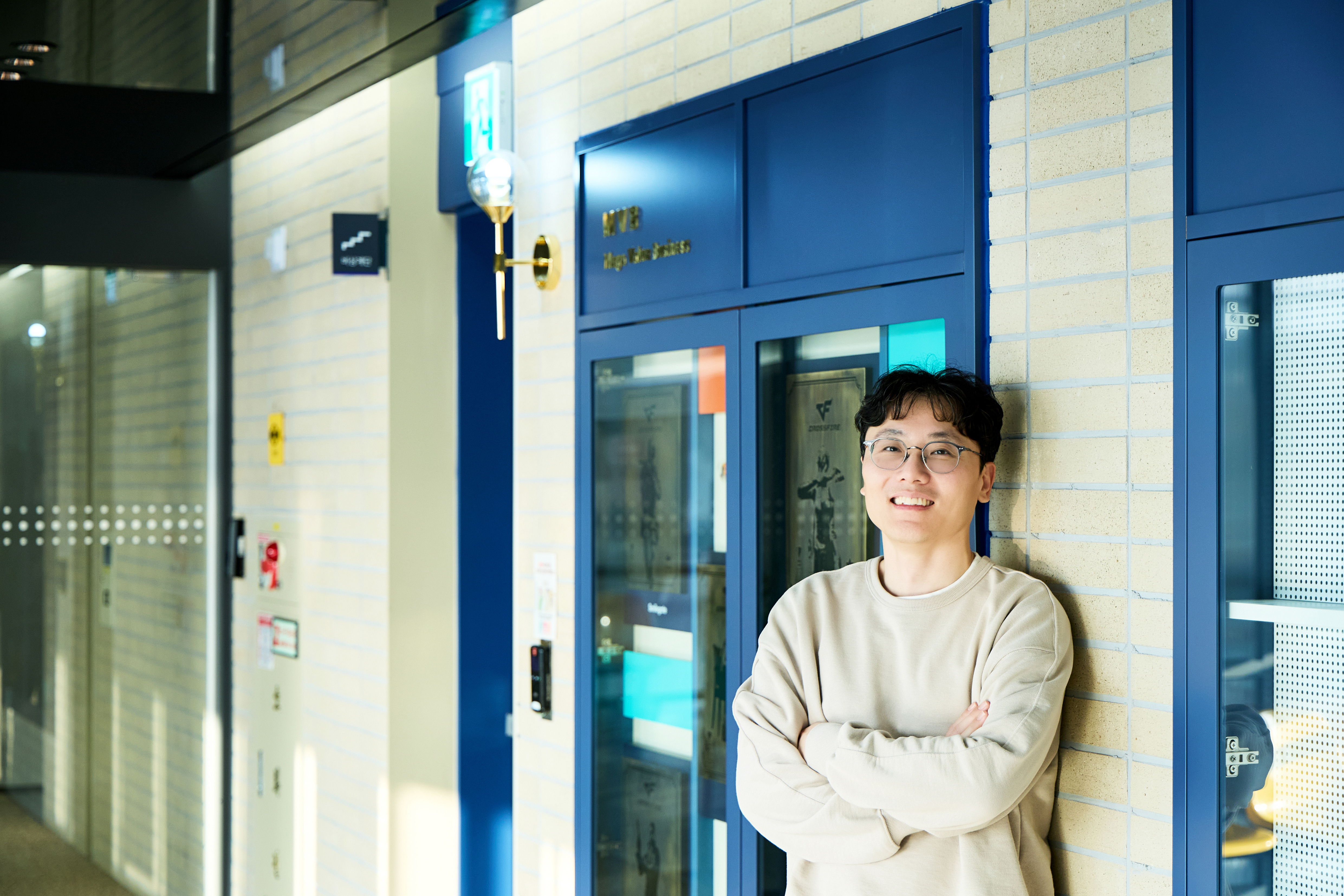
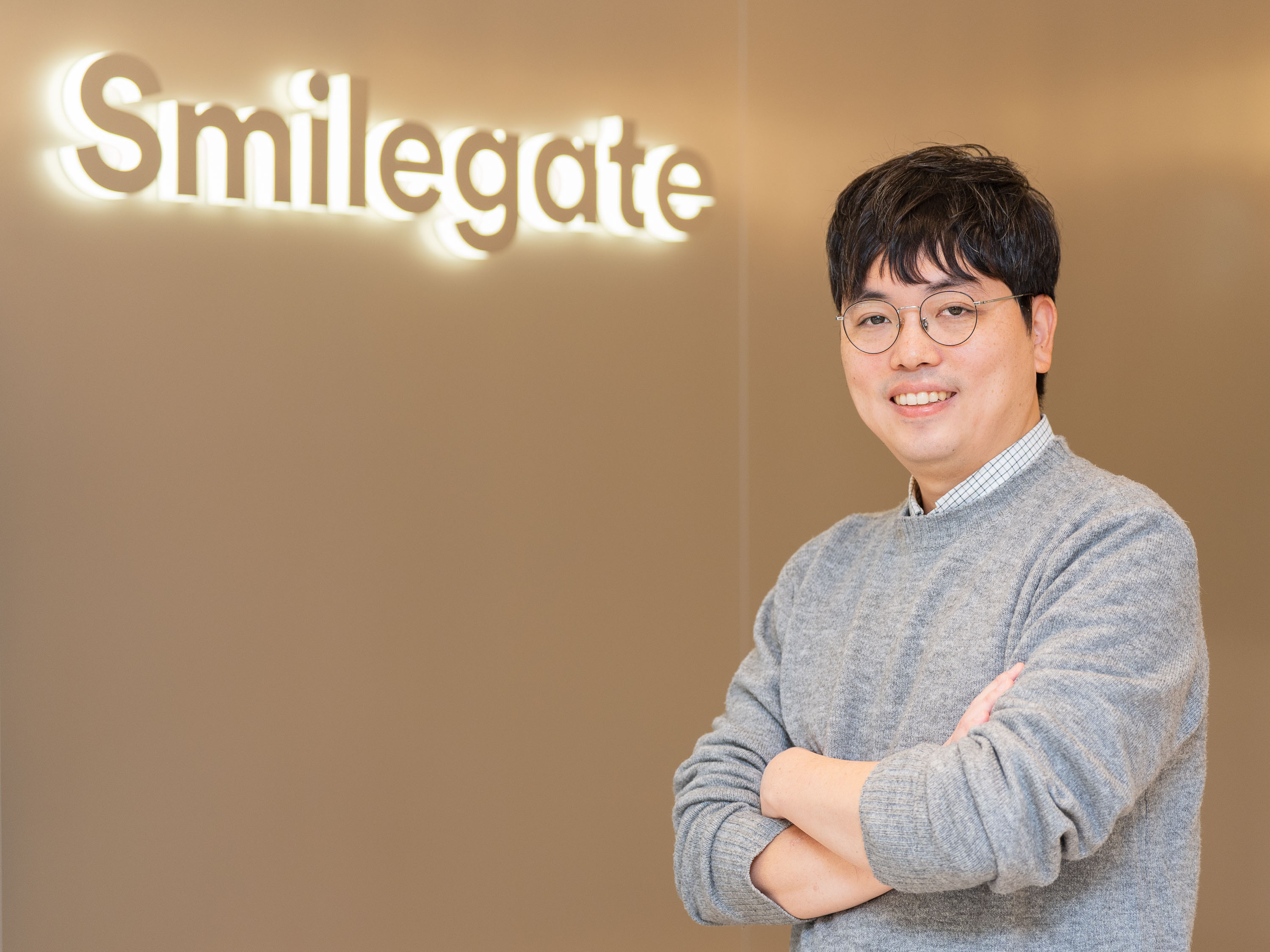
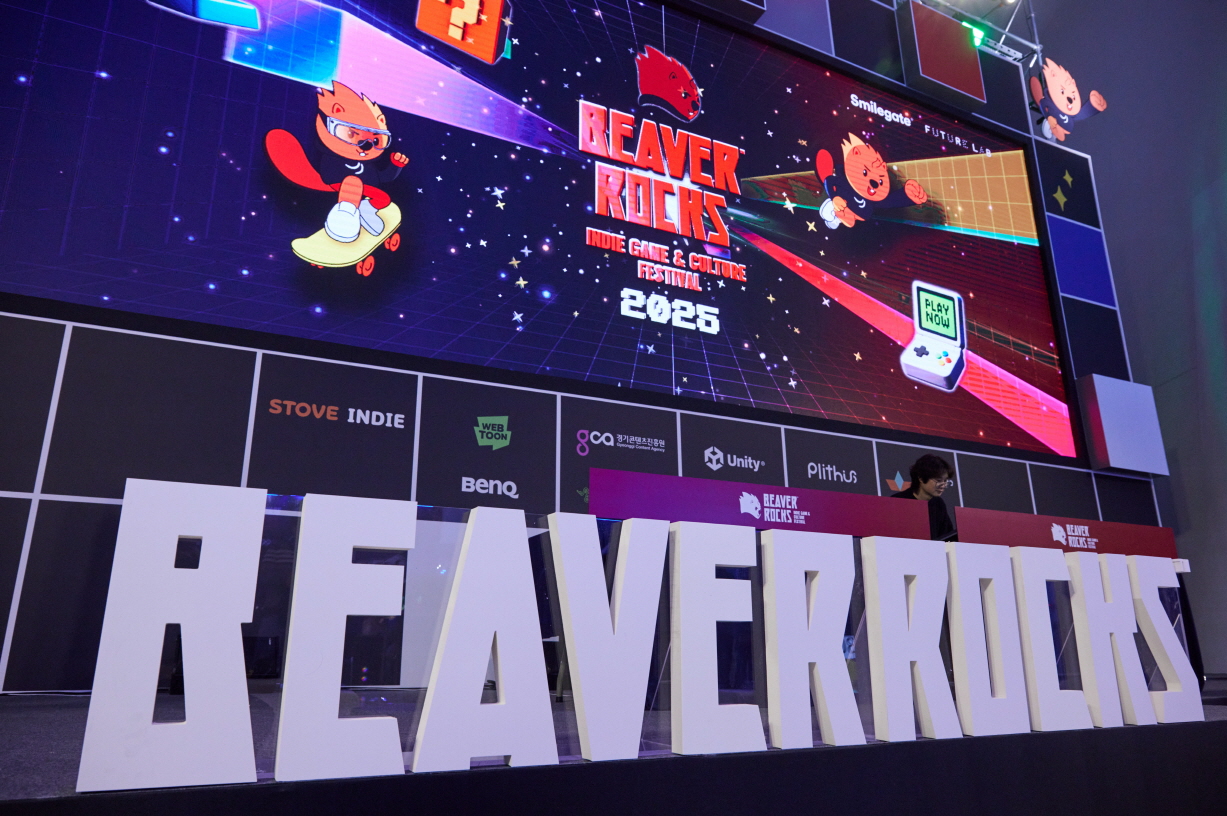
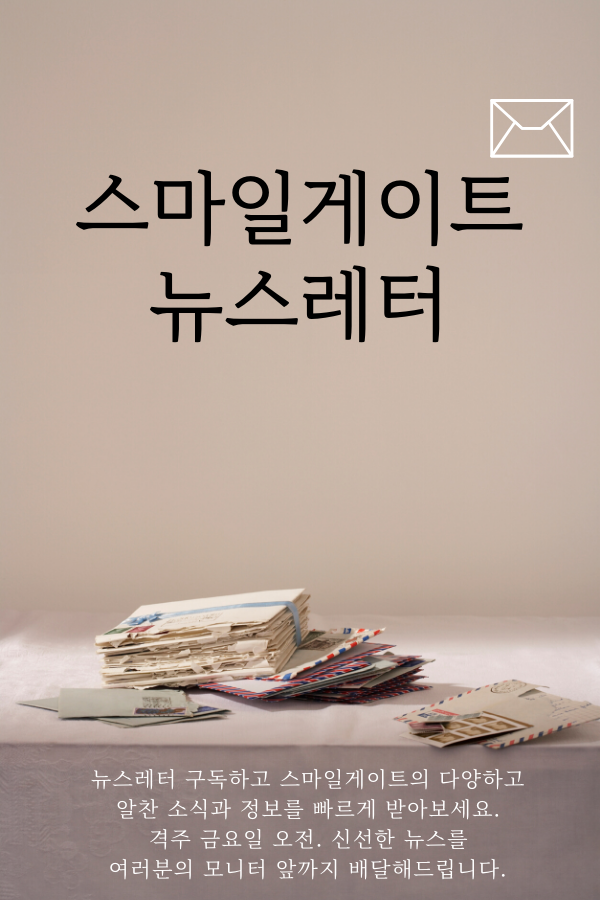
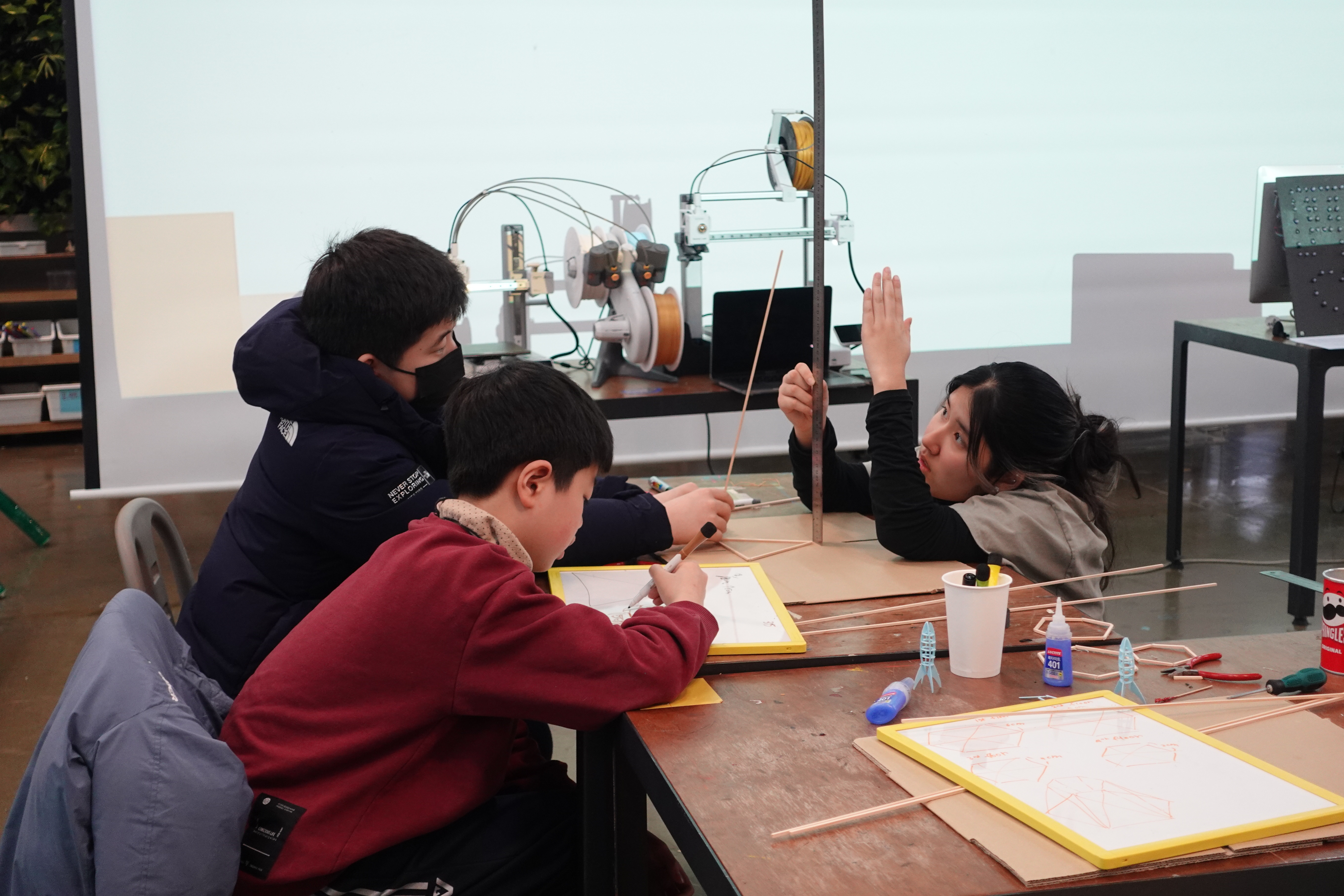

 TOP
TOP
